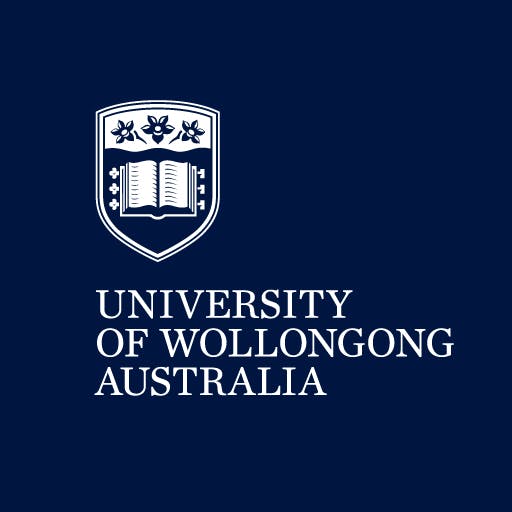Bachelor of Laws (Graduate Entry)
- publicado por University of Wollongong
- Home
- Courses
- University of Wollongong
- Bachelor of Laws (Graduate Entry)
Bachelor of Laws (Graduate Entry)
Course summary A Bachelor of Laws from UOW equips graduates with a comprehensive legal education; a world-class degree that provides a thorough grounding in the law, as well as a real-world focus on the essential practical skills and the social and ethical context in which the law operates. We believe…
Categories
COURSE DESCRIPTION
Course summary
A Bachelor of Laws from UOW equips graduates with a comprehensive legal education; a world-class degree that provides a thorough grounding in the law, as well as a real-world focus on the essential practical skills and the social and ethical context in which the law operates.
We believe that practical experience is a vital part of your legal training. We are the only law school in New South Wales that requires you to complete a legal internship, providing highly valued industry experience.
We are committed to social justice and providing a legal education which engages with the complexities of law’s intersection with society.
The Bachelor of Laws at UOW delivers a practical and contextual legal education that prepares graduates not only for traditional careers in the legal profession but also for a wide range of careers in government, business and community organisations – as leaders, innovators and problem solvers.
This degree is available only to graduates of disciplines other than law, with the exception that the degree is available to graduates of law degrees from outside Australia.
What you will study
The Bachelor of Laws (Graduate Entry) is a three-year full-time degree (or can be studied part-time) which covers the prescribed areas of knowledge for future admission to the profession, as well as including a choice of electives. Additionally, an integrated skills program equips graduates with experience in areas such as legal research, interviewing, legal drafting, advocacy and negotiation. Opportunities also exist to undertake subjects through an international exchange program.
Accreditation & professional recognition: By completing your law degree at UOW, you are completing an academic qualification that is recognised for admission as a lawyer in Australia, subject to completing state-approved Practical Legal Training (PLT). Further details for NSW admissions can be found at the Legal Profession Admission Board website. The UOW Bachelor of Laws is accredited by the Bar Council of India and the University Grants Commission of Bangladesh. Students from India and Bangladesh are encouraged to apply. Graduates can be accredited to practice as a barrister or solicitor upon returning home, subject to the completion of any required bridging course.
Career opportunities: Barrister; Commercial Lawyer; Criminal Defence Lawyer; Diplomat; Environmental Lawyer; Government Lawyer; In-House Legal Adviser; Intellectual Property Lawyer; Legal Consultant; Magistrate; Media Lawyer; Policy Adviser; Politician; Prosecutor; Research Officer; Solicitor in Private Practice or a Community Legal Centre
EDUCATIONAL INSTITUTION
The University of Wollongong (UOW) is a leading Australian university with an international reputation for academic excellence. It is consistently ranked among the top Australian universities for the quality of its teaching and research. The University offers a wide range of degree programs across all levels of study – undergraduate and postgraduate coursework and research: Engineering and IT, Health Sciences and Medicine; Business and Commerce Applied and Natural Sciences; Arts, Communications and Creative Arts; Law and Education.
The University of Wollongong (UOW) is a leading Australian university with an international reputation for academic excellence. It is consistently ranked among the top Australian universities for the quality of its teaching and research. The University offers a wide range of degree programs across all levels of study - undergraduate and postgraduate coursework and research: Engineering and IT, Health Sciences and Medicine; Business and Commerce Applied and Natural Sciences; Arts, Communications and Creative Arts; Law and Education.

